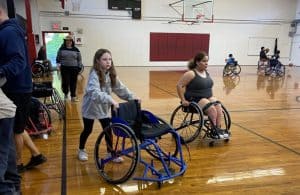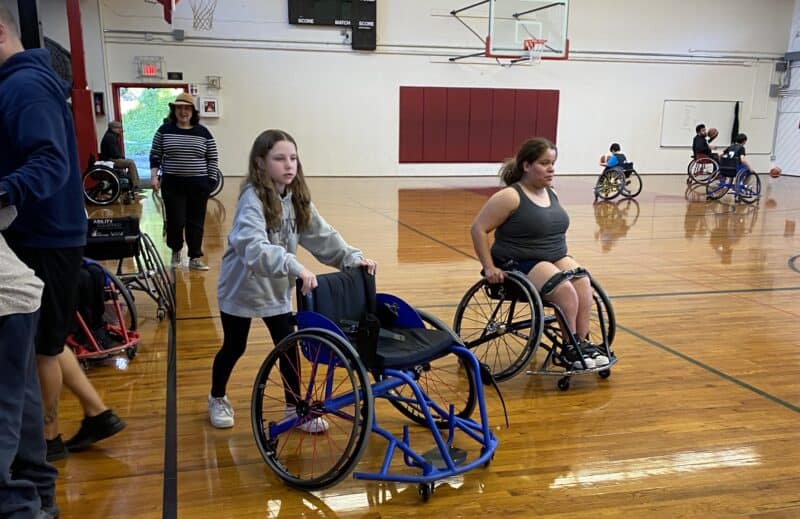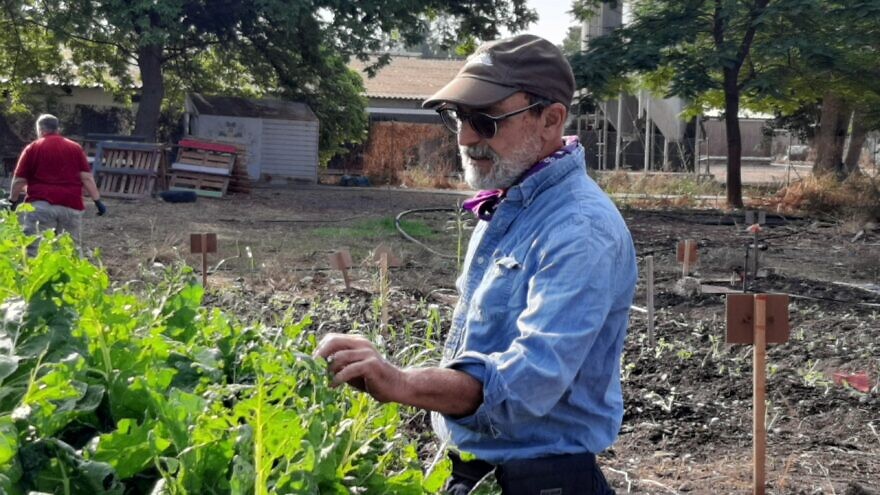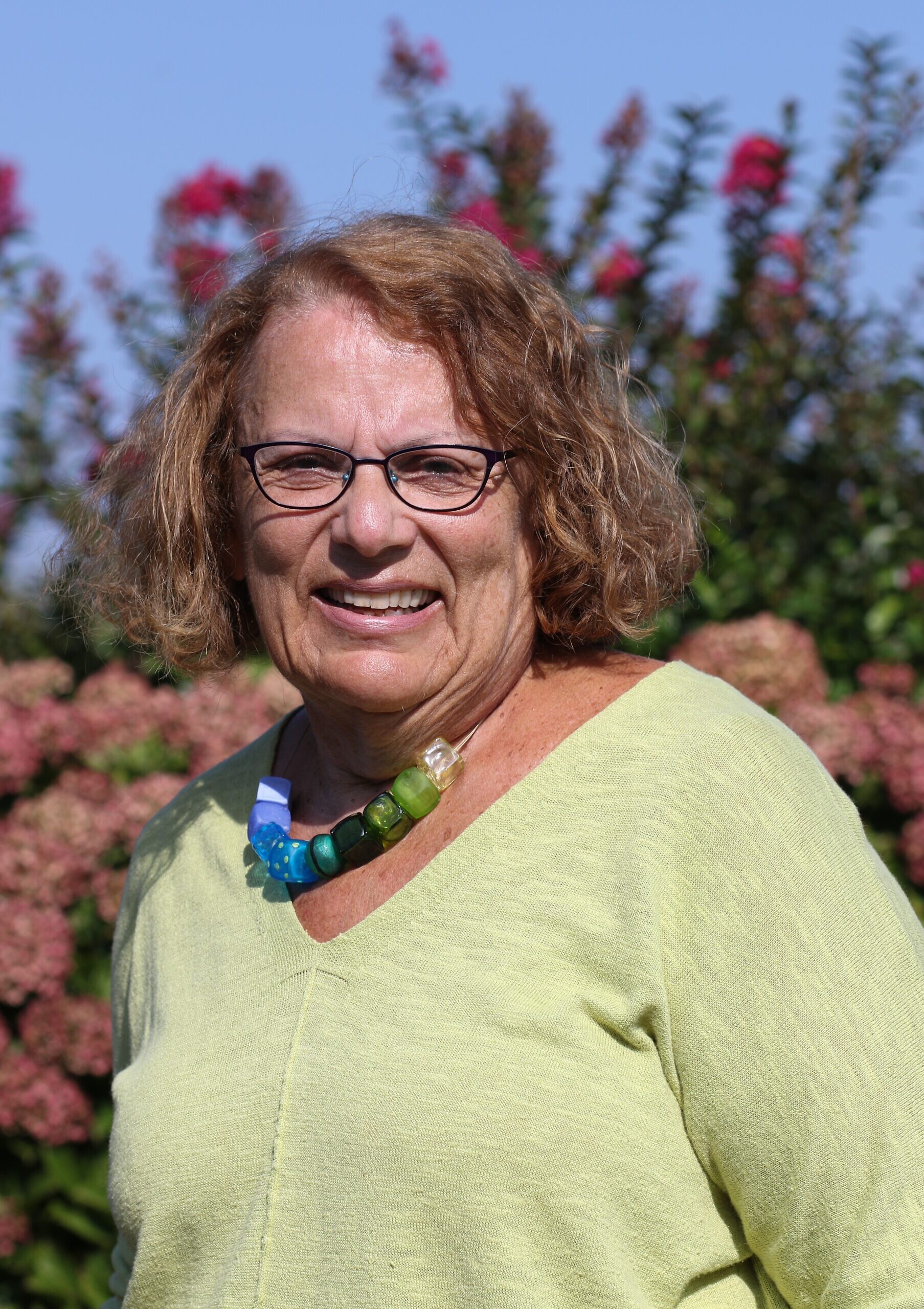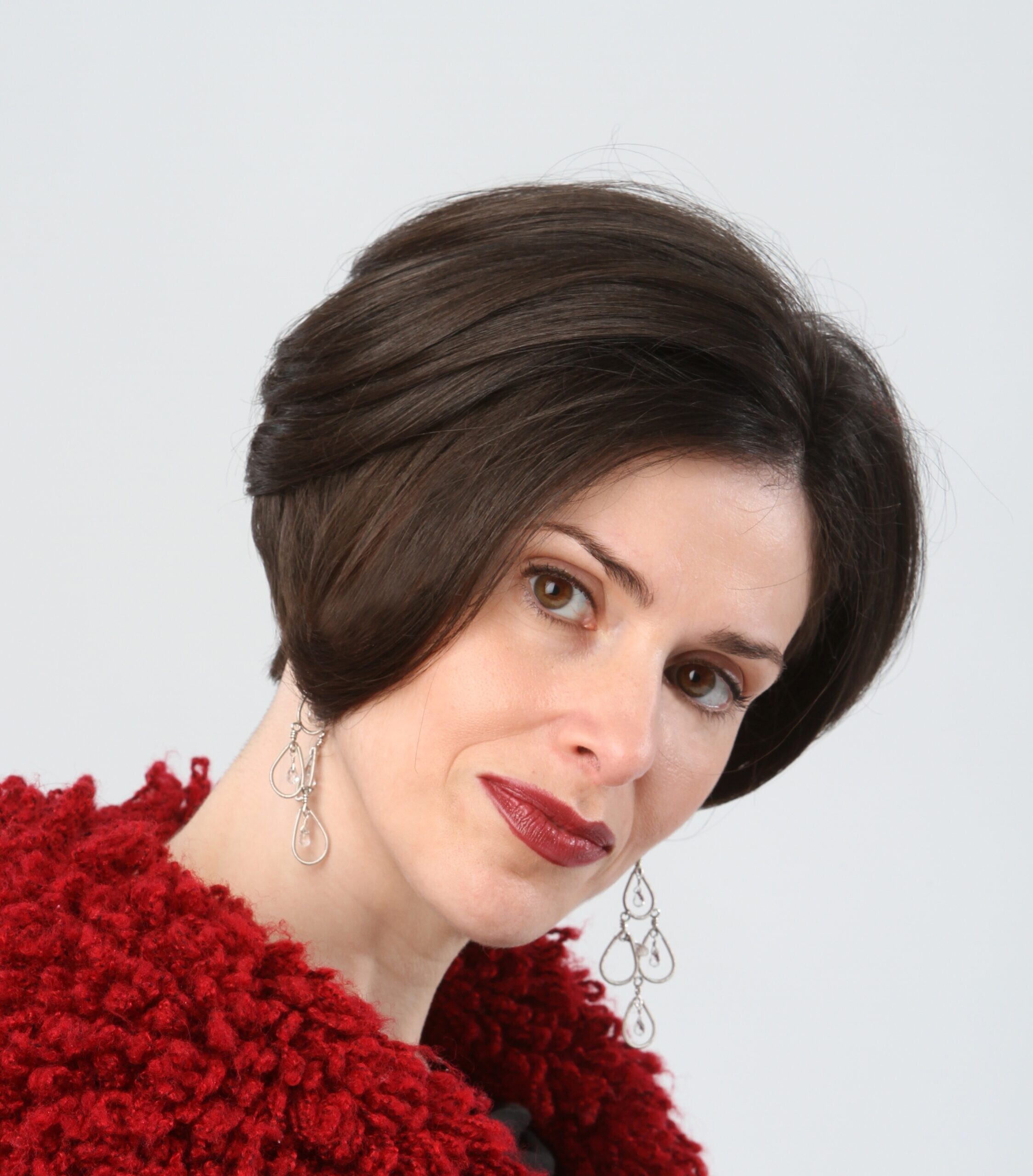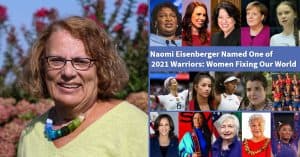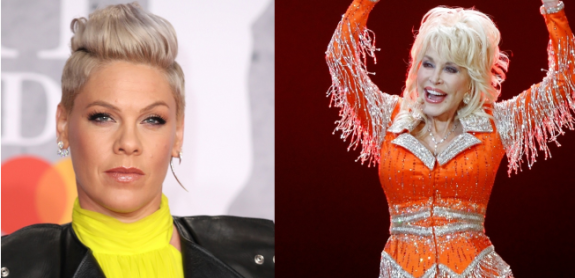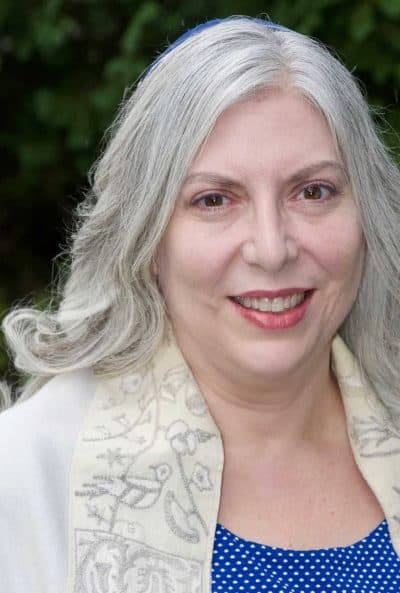
Hope is the thing with feathers
That perches in the soul
And sings the tune without the words
And never stops at all
If there’s any time of year for hope, it should be now — it’s springtime, and every bud pushing itself open, every new leaf on every old tree, every extra minute of sunlight, and yes, every loudly chirping bird is all about the renewal of life.
But it doesn’t feel that way.
“Probably starting in the pandemic, I started to feel that hope was especially needed,” Rabbi Debra Orenstein, who leads Congregation B’nai Israel in Emerson, said.
She’ll lead a series of webinars on hope, starting on Wednesday, March 27. (See below.)
It’s often hard for many people to remember the emotions of that first covid spring, in 2020; the world was just a frightening, oddly timeless place, stalked by the novel coronavirus that was locking us in at home in tiny pods.
“During those first few weeks, I got six people from my community together,” Rabbi Orenstein said. “A social worker, a psychologist, a health coach — people with different orientation who all spoke about positivity during the pandemic. There was such a need for hope then. We were in such a bad state, feeling such uncertainty and negativity. We particularly need hope when things are bad or the future is unclear.” In other words, we most need hope during the times when it’s hardest to find.
So Rabbi Orenstein “went deep into both Jewish sources and the social sciences,” she said. “Since then, I’ve been delving deeply into hope as a topic.
Since then, arguably, things have gotten worse: the country seems to have fractured more than it’s healed since the pandemic ended; our divisive politics have widened and sharpened those divides; and then October 7 unleashed hatred, fear, and death.
Hope is in sharp demand but short supply right now.
That’s why Rabbi Orenstein is offering the webinar, based on the reading, consulting, workshops, and talks she’s been giving for the last few years.
“Even before October 7, I felt that times are so difficult, the threats are so big, that we have to cultivate hope or we will fall into denial and despair.”
How do we cultivate hope? “There are times when hope just comes to us — we’ve all had those experiences, when somebody reaches out to you at just the right time, or you get good news, or there are communal experiences that lift us up,” she said. “But hope also is a habit of mind and behavior that you can choose. It doesn’t require good times or bad times.”
Hope is both an emotion and action, Rabbi Orenstein continued. “I have worked to bring together my training in positive psychology and my training as a rabbi.” Positive psychology tells her that “when you have a feeling of hope, your heart lifts, your future is more optimistic and happier. When you are hopeful, you see opportunities and possibilities that you would have missed if you weren’t hopeful. That’s the emotional component.”
But it’s not all unicorns and fairy dust. “Positive psychology emphasizes action, goals, and pathways for hope,” she said.
From the Jewish side, “we know from the tragedies of Jewish history that there are times that there isn’t an action you can take that necessarily will change the current reality, or at best that it will change any time soon. Yet you can still hope for redemption. You can still hope for next year in Jerusalem. That hope comes from investing in a power greater than yourself.
“For many people, that power is God, but it can also be the power of community or of Jewish peoplehood. I think that religion gets this one more right than psychology does. Religion gives us the power of being able to wait with positive expectations, even when there is nothing that you can do. It is the power of gaining hope, or of borrowing hope, from that power greater than ourselves.
“I think that most religions offer that to the world, and Judaism does it in particular. I don’t know who said this, but someone has said that Judaism is an optimistic religion with a pessimistic history. We have in a sense the benefits of both.”
Rabbi Orenstein is doing that.
She was asked to give a talk on hope last November at the Marlene Meyerson JCC Manhattan on the Upper West Side. “Six months before, in the spring of 2023, they asked me to pick a topic. I said I’d speak about hope. The talk was scheduled for Election Day. ‘We don’t think you want to talk about hope then,’” she reported being told. “Yes, I do,” she answered.
“And then October 7 happened, and they called and asked if I wanted to change the topic. And I said, ‘No. We need hope more than ever now.’
“That’s how I started to talk about hope after October 7.”
And sweetest in the gale is heard;
And sore must be the storm
That could abash the little bird
That kept so many warm.
The word “hope” is unappealing to some people, she acknowledged. “It sounds pie-in-the-sky, or like wishful thinking; people don’t like it because they want to guard themselves against disappointment,” she said. “It can sound passive.
“But it is necessary to separate false hope from genuine hope. Because the antipathy people have is to false hope, the version that says that I can crawl into bed, pull the covers over my head, and hope that someone else will do something. Because nobody likes to live in self-delusion.”
Rabbi Orenstein will “look at the way modern social science measures hope, and I will look at what positive psychology has missed but the Jewish tradition has understood.”
“Social science focuses on agency, which is a very important part of hope, which must be more than a good feeling about the future. It is the fuel that gives you the energy to make a better future.
“There is a lot of emphasis on goal setting and finding pathways. But there comes a point when you don’t see a way forward, when neither you nor your community can do anything more. Then you might feel that everything is hopeless. That you’re lost. But the Jewish tradition knows so much about continuing to hope in seemingly hopeless situations.
“In hospice, one of the questions that sometimes is asked of dying patients is ‘What are your goals?’ ‘What do you still hope for?’ People have lists, even if they have only weeks or days left. Still, often people feel that they have come to the end of their agency — and that’s where Jewish traditional, historical resilience comes in.”
The course is experiential, Rabbi Orenstein said. “So part of it is me teaching, but some is putting it into practice in real time. We do it together live on Zoom, and there also will be a recording available afterward. There will be a forum where people will see each other’s comments.
“There will be a lot of ways to connect. If they want, people can have a hope buddy, but that’s not required — not everyone is a buddy type. There are options and ways to connect, to give and get support.”
I’ve heard it in the chillest land,
And on the strangest sea;
Yet, never, in extremity,
It asked a crumb of me.
— Emily Dickinson
This course will be about real hope; “it’s not pabulum or Pollyanna,” Rabbi Orenstein said. “People need a sense of the possibility of a better future, and some ways to build toward it. They need a sense of allyship and partnership, to develop more inner resources and outer support. People can be reminded that even the worst day has a best moment; even the most difficult times have hope shot through them. Finding these pieces and savoring them is not denying the pain that you’re in. We will talk about ways to do that every week.
“We’ll have what I call a hope twist. There’s poetry, art, music, novels, photographs, different ways of feeling hope, and of developing your own personal toolkit, filled with what works for you.”
One of those resources is humor, Rabbi Orenstein said. “The theologian Harvey Cox called laughter hope’s last weapon.”
She’ll provide an armory of those and other weapons in the study and practice of hope.
Who: Rabbi Debra Orenstein
What: Teaches a six-session course on “Real Hope”
Where: Online, both on Zoom and in other forums
When: Wednesday, March 27, April 3 and 17, May 1, 8, and 15, from 11:30 a.m. to 12:30 p.m. EST
How much: Suggested donation $180
To learn more and register: Go to
www.goodpeoplefund.org/good-people-learn or call (973) 761-0580.

